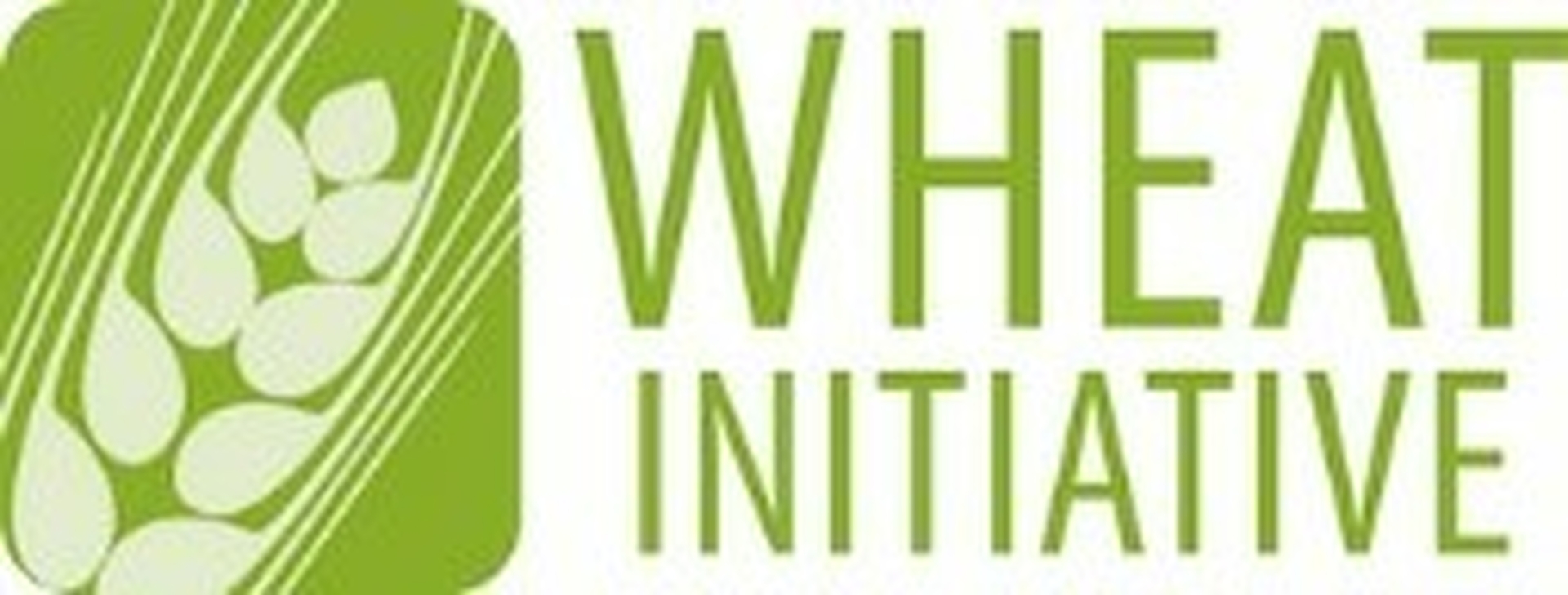Landmark study: First genomic atlas for global wheat improvement

In a landmark discovery for global wheat production, an international team has sequenced the genomes for 15 wheat varieties representing breeding programmes from around the world.
In a landmark discovery for global wheat production, an international team has sequenced the genomes for 15 wheat varieties representing breeding programmes from around the world, enabling scientists and breeders to much more quickly identify key genes for improved yield, pest resistance and other important crop traits. The research results, just published in Nature, provide the most comprehensive atlas of wheat genome sequences ever reported. The 10+ Genome Project collaboration involved more than 95 scientists from universities and institutes in Germany, Saudi Arabia, Canada, Switzerland, Japan, the U.K., Mexico, Israel, Australia, and the U.S.
The 10+ Genome Project was a top priority by the Wheat Initiative, a co-ordinating body of international wheat researchers established by the G20 Agriculture Ministers in 2011.
“It’s like finding the missing pieces for your favorite puzzle that you have been working on for decades,” said project leader Curtis Pozniak, wheat breeder and director of the University of Saskatoon Crop Development Centre (CDC). “By having many complete gene assemblies available, we can now help solve the huge puzzle that is the massive wheat pan-genome and usher in a new era for wheat discovery and breeding.”
Groups across the global wheat research community are expected to use the new resource to identify genes linked to in-demand traits, which will accelerate breeding efficiency. “This resource enables us to more precisely control breeding to increase the rate of wheat improvement for the benefit of farmers and consumers, and meet future food demands,” Pozniak said.
Wheat is the world’s most widely grown crop, and plays an important role in food security. Globally, wheat provides about 20 per cent of human caloric intake and 20 percent of our protein. Our challenge is to boost wheat production by more than 50 per cent by 2050 to meet an increasing global demand. In 2018 as part of another international consortium (IWGSC), the first complete wheat genome reference, cultivar Chinese Spring, was completed representing a significant technical milestone.
“Now we have increased the number of wheat genome sequences more than 10-fold, enabling us to identify genetic differences between wheat lines that are important for breeding,” Pozniak said. “We can now compare and contrast the full complement of the genetic differences that make each variety unique.”
Nils Stein of the Leibniz Institute of Plant Genetics and Crop Plant Research (IPK) and project co-leader from Germany said, “Given the significant impact of the Chinese Spring reference genome on research and application, it is a major achievement that just two years later we are providing additional sequence resources that are relevant to wheat improvement programs in many different parts of the world.”
The 10+ Genome study represents the start of a larger effort to generate thousands of genome sequences of wheat, including genetic material brought in from wheat’s wild relatives.
The research team was able to track the unique DNA signatures of genetic material incorporated into modern cultivars from several of wheat’s undomesticated relatives by breeders over the century. “These wheat relatives have been used by breeders to improve disease resistance and stress resistance of wheat,” said Pozniak.
“This project is an excellent example of co-ordination across leading research groups around the globe. Essentially every group working in wheat gene discovery, gene analysis and deployment of molecular breeding technologies will use this resource,” said Peter Langridge, Chair of the Scientific Board for the Wheat Initiative.
About the Wheat Initaitive
The Wheat Initiative was founded by the G20 Agriculture Ministers in 2011. It comprises private, public and charitable parties involved in wheat research who work to define global strategic research priorities and to develop activities for fostering research partnerships in both developing and developed countries. The Wheat Initiative is hosted at the Julius Kühn Institute (JKI) in Berlin-Dahlem, Germany.
For more information regarding the Wheat Initiative please visit our website www.wheatinitiative.org and sign up for the quarterly newsletter at www.wheatinitiative.org/newsletter .
Contact
Teresa Saavedra-Bravo
Programme Manager, Wheat Initiative
wheat.initiative@julius-kuehn.de
Press release (PDF)
